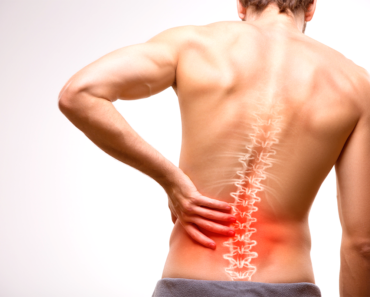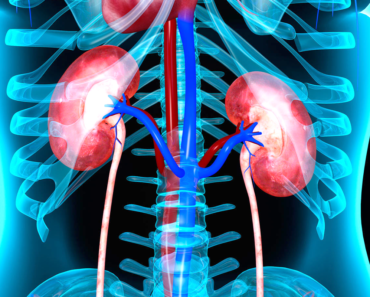The prostate is a tiny gland found between the penis and the bladder that is only present in males. The urethra, which begins from the bladder to the end of the penis, passes through the prostate directly. The prostate’s task is to secrete a fluid that protects sperm as it moves across the body during ejaculation.
Prostate cancer is the most common of all cancers that can affect men. Thankfully, it is generally treatable, and statistically, only one out of every 41 men who contract it will die. Regardless, knowing the signs is a positive indication that it will be diagnosed and treated(treatment options for prostate cancer) as soon as possible.
- Urine Leakage
Wild animals must do everything possible to avoid exposing themselves to predators unnecessarily. This is one reason why we want to conserve our urine until it is ready to be released all at once. It would leave a trail which predators could simply follow if released in small quantities.
However, some medical conditions may cause urine to leak out accidentally. This may be very dangerous for the patient in the wild. It cannot be very comfortable in a civilized society. This symptom indicates that you should seek medical help, regardless of the underlying cause.

2. Incapable of Full Self-Relief
When we urinate, we want to expel as much of the urine that has been accumulated as possible. All of it, hopefully. This leaves us with an empty bladder, which means it will be a while before we need to empty it again. As a result, when we stop urinating, we generally feel relaxed.
However, this may not be the case in cases of prostate cancer. The prostate will swell, causing it to rub against the bladder. As a consequence, we can feel as though the bladder has not been drained, even though it has.
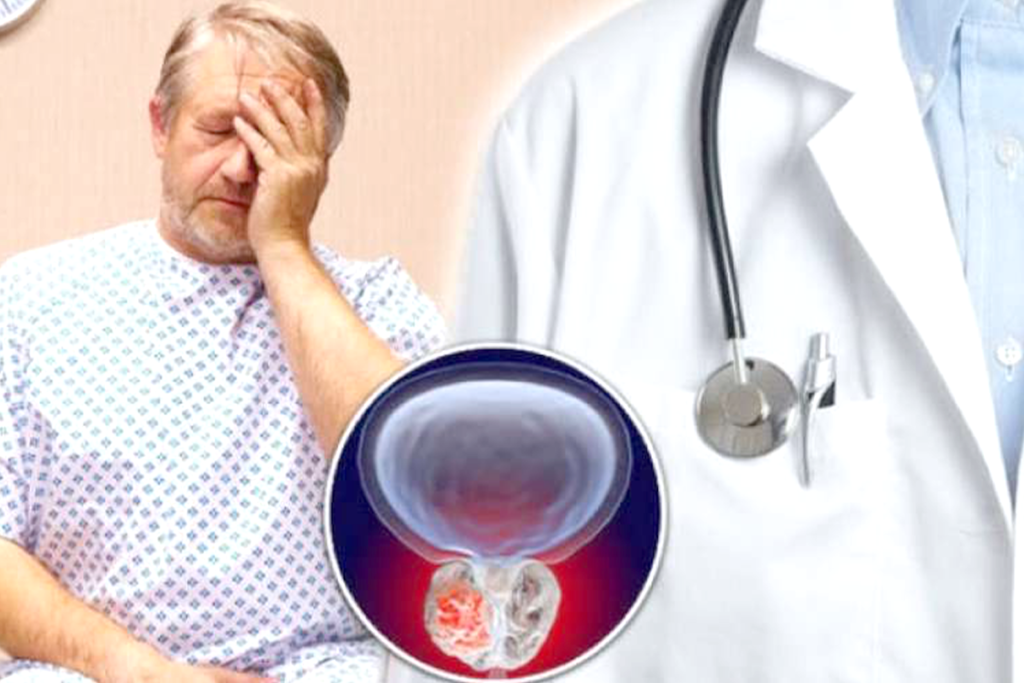
3. Trouble Getting Started Urinating
When we begin to urinate, the flow typically starts almost immediately. If we leave it a little too late, we can also have trouble preventing the flow from the beginning. However, this is not always the situation with patients with prostate cancer.
Men with prostate cancer will find that no matter how urgently they need to urinate, they cannot do so. This can be very stressful, and the patient can feel forced to give up, regardless of how desperately they need to transfer urine. This can happen if the prostate is obstructing the bladder’s urine flow.
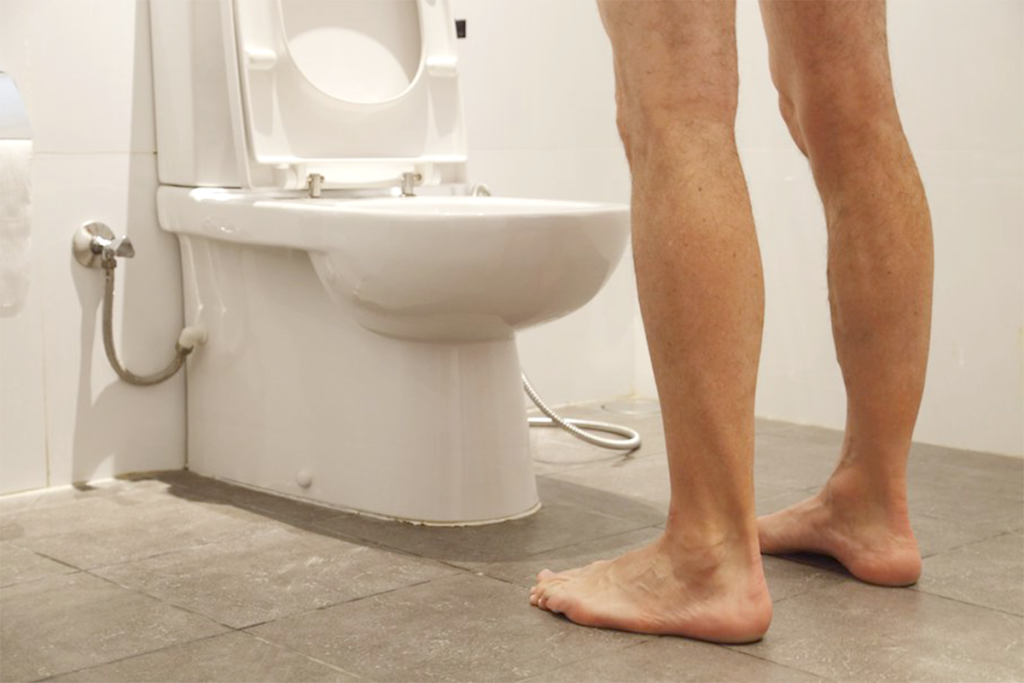
4. Sudden need to urinate
Urge to urinate normally begins off as a minor annoyance. Depending on the person, this usually serves as an alert that we may need to go to the bathroom in the next hour. Regardless, even though we are sometimes lazy enough to be caught short, there is normally enough time for people to find a toilet.
This is more of a challenge for certain men with prostate cancer since they will occasionally have an uncontrollable urge to urinate. Depending on where they are at the moment, this can be complicated, and it can lead to some embarrassing circumstances.
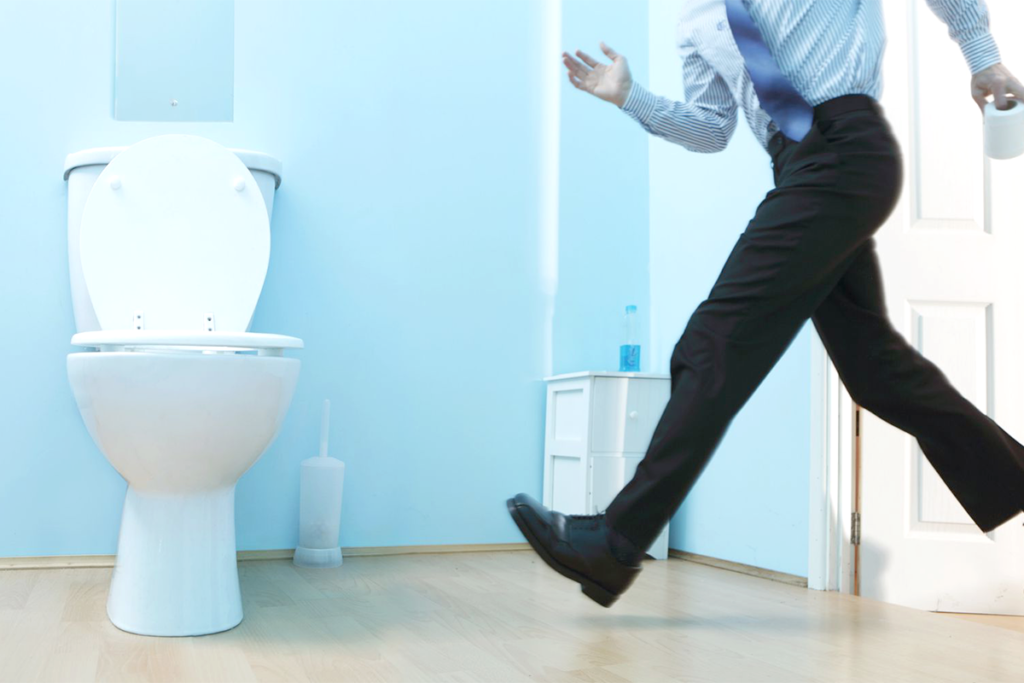
5. Urinating in the middle of the night
Many people will sleep through the night without needing to get up to use the restroom, while others will only need to go once or twice. Not everybody enjoys getting out of bed while they are warm and cozy, but it shouldn’t take long, and you should be able to fall asleep once you are back in bed.
On the other hand, men with prostate cancer can find that they need to get up multiple times at night to use the restroom. This can be inconvenient for them because it means they won’t get enough sleep at night, leaving them exhausted the next day. During the day, they will find that they need to urinate more often.
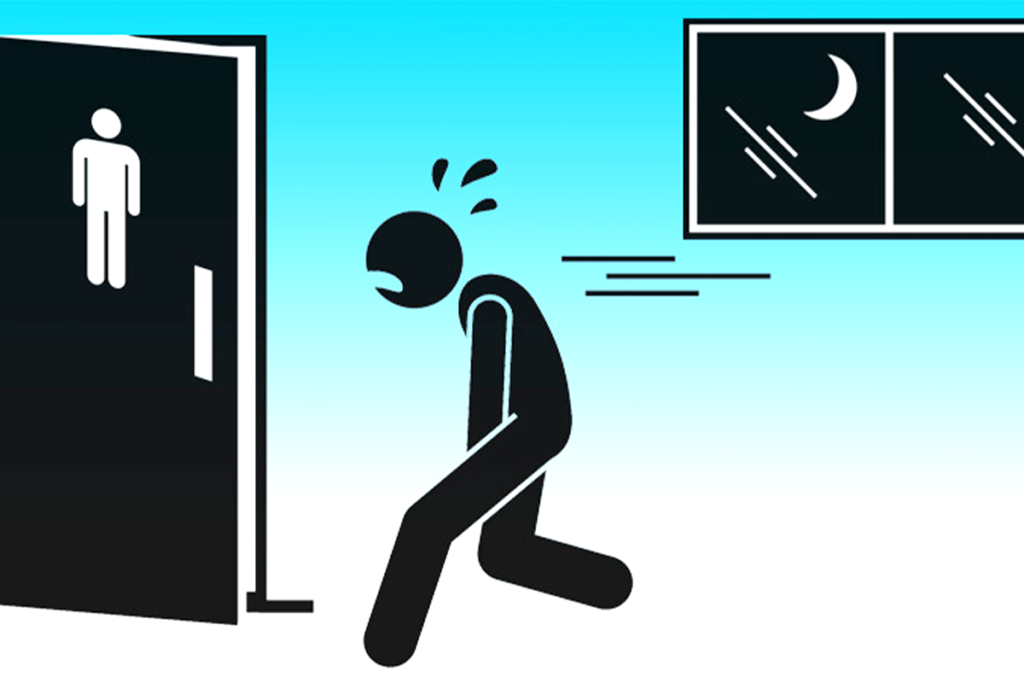
6. Erectile Dysfunction
A man’s penis can become erect when he is aroused. It accomplishes this by inflating similarly to a balloon. Rather than being inflated with air, blood is injected into the penile tissue, which causes it to become inflated.
This normally occurs subconsciously, and it can also occur at inconvenient times when the man has little or no power. On the other hand, some men can have trouble achieving and/or sustaining an erection, even when the time is right. It can happen for many reasons including prostate cancer.
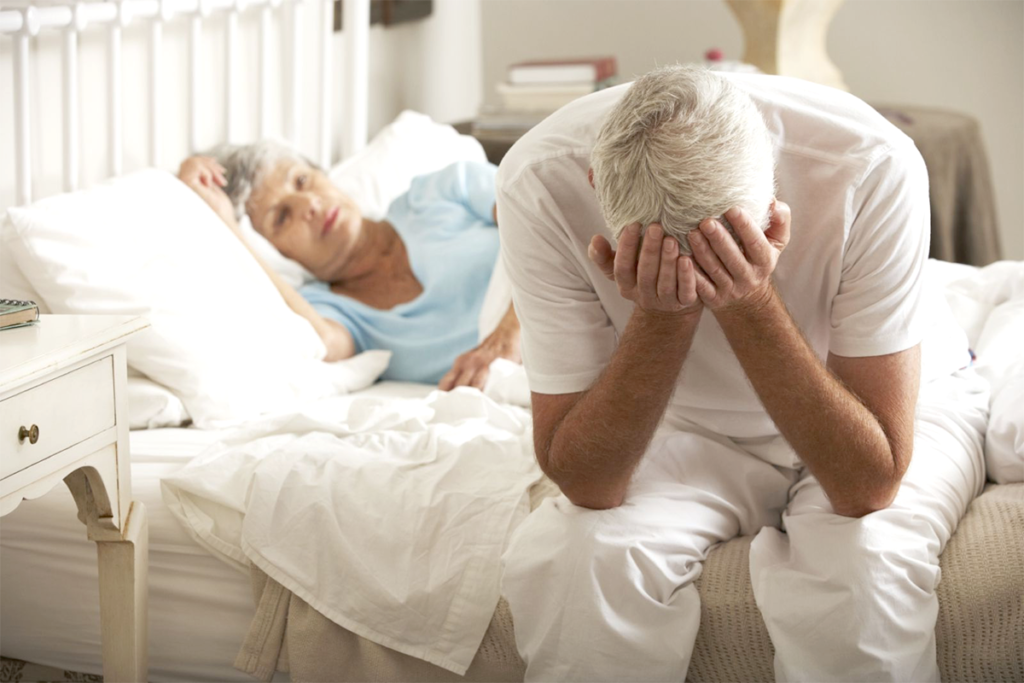
7. Back Pain
One of the most serious problems for most cancers is that they will spread to other body areas, making recovery far more difficult. The word “locally advanced prostate cancer” refers to cancer that has spread beyond the prostate but has not yet gone to other parts of the men’s body.
The word “advanced prostate cancer” refers to prostate cancer that has spread to other areas of the body. This can result in many symptoms, including discomfort in the affected region. Advanced prostate cancer strikes may cause pain in the back, pelvis, and hips, particularly if cancer has spread to these areas.
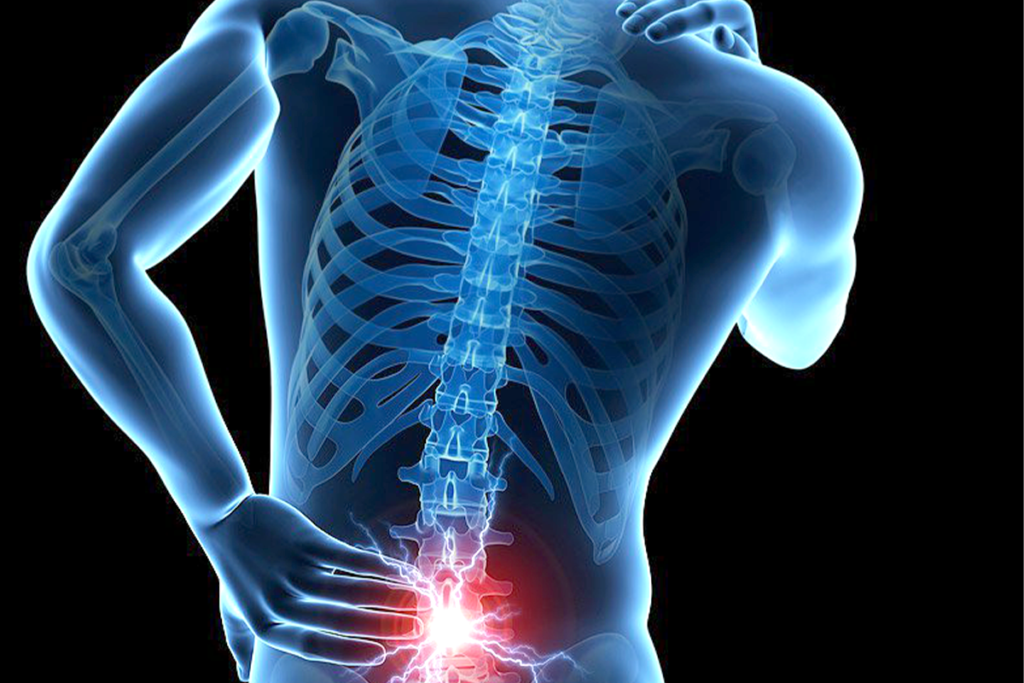
8. Blood in urine
In case you found blood in your urine, you should seek medical attention right away. It is not a typical symptom, and a variety of potentially fatal conditions can trigger it. Cancer is one of these potentially fatal diseases.
The blood could be coming from a wound or something similar in the urethra, or it could be from an infection. Regardless, getting it tested by a medical professional as soon as possible is still a good idea. Prostate cancer, like all cancers, is easier to treat the earlier it is identified.
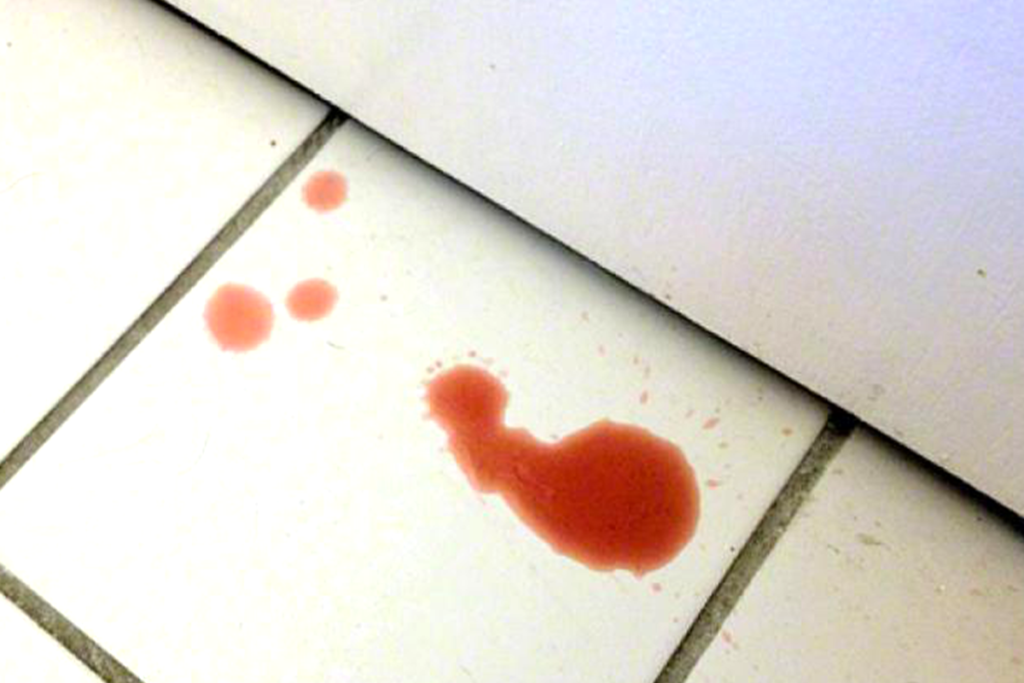
9. Weight Loss
To people who are overweight, weight loss can seem to be a positive thing. If it occurs spontaneously, though, there’s a risk it’s due to something that isn’t healthy for us. It may mean a more serious issue, such as prostate cancer.
Cancer places a lot of pressure on the body, so energy and nutrients will be diverted to help the immune system’s battle. As a result, the patient can experience weight loss quickly and dramatically. Always remember that losing weight in a slow, managed manner is the best way to go.


